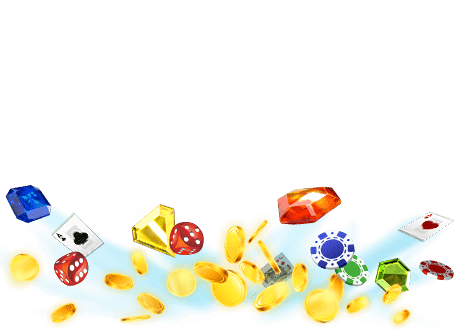Winning takes precedence over all else. And when it comes to the size of the winnings, jackpot slots are second to none. The most generous of these machines can offer players prizes worth hundreds of thousands (and even millions) of dollars. Because they’re so popular with players, nearly every slot manufacturer has at least one jackpot slot to their name, so you won’t be lacking for choice.
How are slot jackpot winnings taxed in Canada?
As long as your gambling winnings due not compose the vast majority of your income, you will be classified as an amateur gambler. According to Canada’s Income Tax Act, the winnings of amateur gamblers are not subject to income tax. If you are a professional gambler, however, your province will apply a tax on your winnings.
How frequently do jackpots hit?
Because the result of every spin is decided on a purely random basis, there is no way of predicting when a machine will hit a jackpot. You might not win the jackpot after spinning the reels a hundred thousand times or you may win several jackpots in a row. No one can predict what will happen.
What is the difference between non-progressive and progressive jackpots?
The main difference between these two types of slots is in the way the jackpot is composed. Non-progressive slots have a jackpot that is set by the provider and does not grow with time. On the other hand, progressives use a small portion of each bet to grow the jackpot. This means that, if the jackpot is not won for a long time, the prize can reach astronomic heights. For example, in 2015, a British slot player won a progressive jackpot worth $19,000,000 USD at an online casino.
Are all slot spins eligible for jackpots?
It depends. While some progressive slots may allow players to win the jackpot while betting the minimum wager, this is not usually the case. In general, players have to place a certain minimum bet to be eligible for the main prize. Information on the terms and conditions of the jackpot should be available in the slot’s paytable.


























